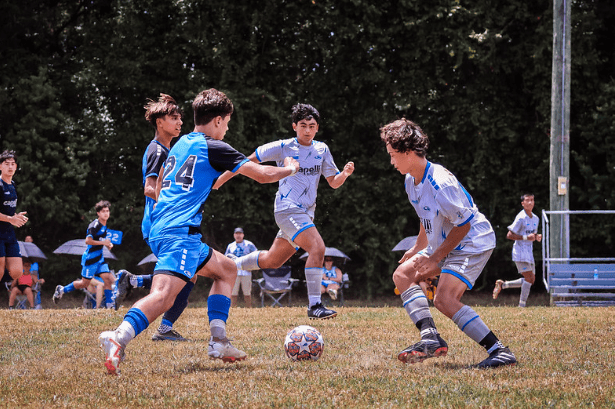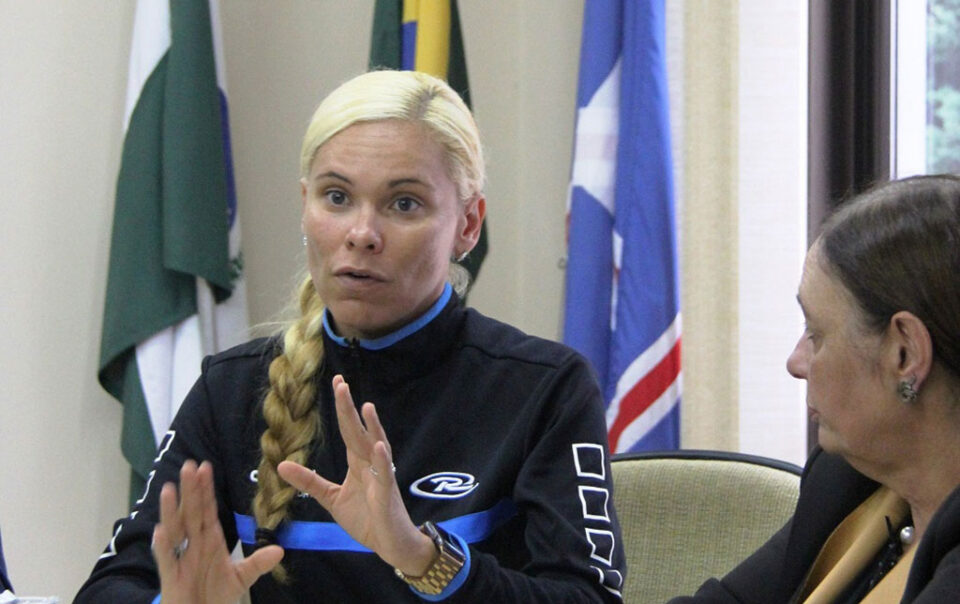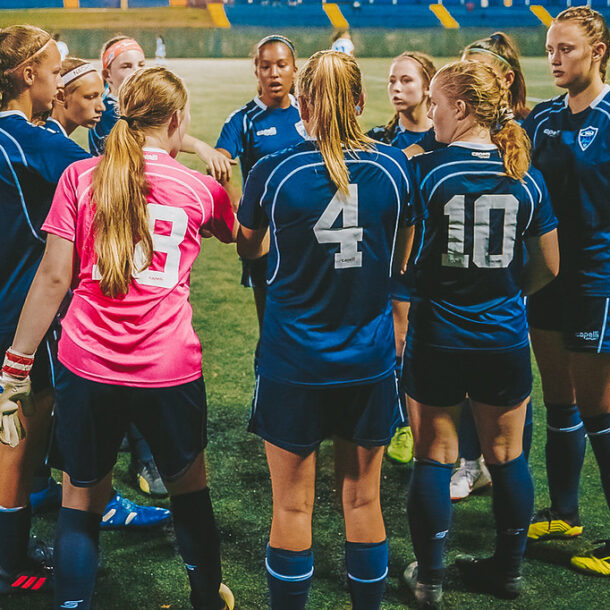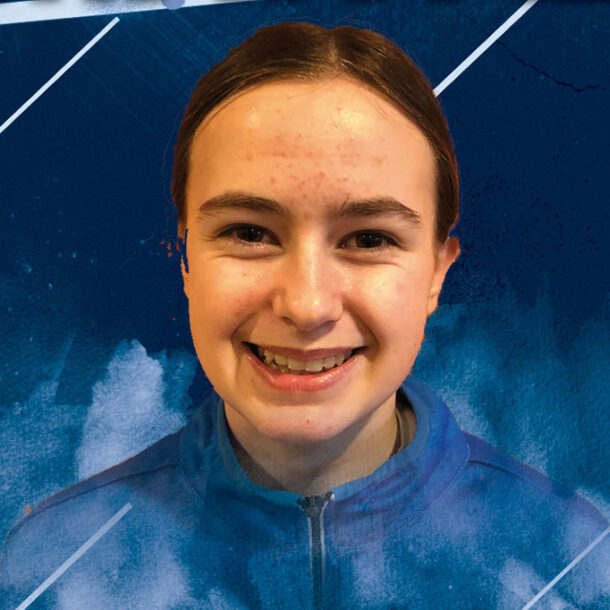
Rubén Rossi: “Understand that soccer relates a lot more to the arts than it does to the sciences”
During a fantastic Webinar hosted by Pablo Toledo, Rush Soccer’s Director of Coach & Player Development, this renowned youth coach highlighted the sporting and human responsibility involved in educating players to guide them towards their best versions on and off the field, and left multiple golden comments on many coaching topics.
February’s Educational Campaign, focused on Coaching the Bantam Division, allowed us to count on the word and experience of Rubén Rossi, one of the most experienced and recognized soccer coaches in Latin America, to discuss the ways and paths to train and help kids in this age group (U9-U10).
Rossi’s career includes not only winning the 1979 U20 world cup with the Argentine National Team, but also an extensive career as a coach and authority in player development, in which he served four years as Coordinator of Youth Soccer in Argentina giant River Plate, six at Unión de Santa Fe, six at Colón de Santa Fe, one and a half at Quilmes and one at Chacarita Juniors. But for him, the most outstanding thing happens on the other hand: “Beyond everything I have done, the title that I like the most is that of ‘Helper’ of soccer players, and especially of citizen of the pasture, which was the place where I was trained, because I never played in child-youth divisions. I had that paradox, which was what led me to become a coach”.
Rossi explained to the attendees that, although we are in a stage of exhaustive analysis at the technical-tactical level, players must be accompanied from a conceptual point of view, but always with the priority of giving them the freedom to play: “Kids train more and more and play less, so there are fewer and fewer creative players. The fundamentals of individual technique are learned from the game, they cannot be trained out of it. Once the child has learned to play, it can be helped from the conceptual point of view”.
“Understand that soccer relates a lot more to the arts than it does to the sciences”
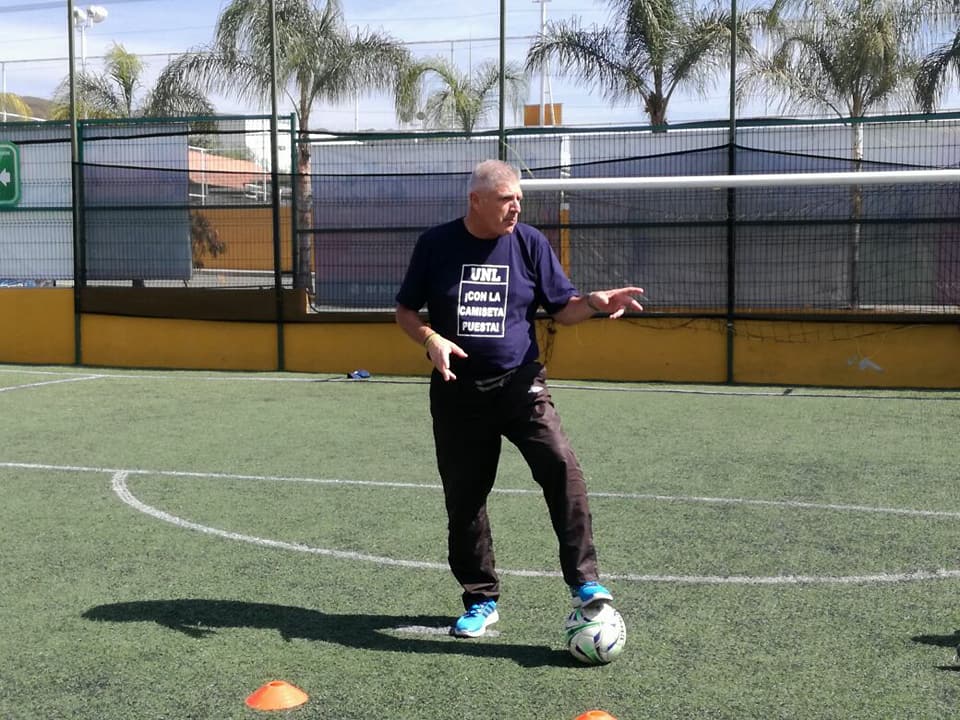
“We must try to make children learn by themselves, hence the importance of play. That the child learns while playing, that he learns to solve, to manage space, time and deception. The how, where and when can only be learned by playing”, he added.
So, what is the role of the coach if the children are ‘released’ onto the field to play?
“What children should do the most is play. What is the ‘helper’ job? I handle other variables, I create the environment, I create the scenery for the child to learn. The variables that I handle are: space, with more or less space; the time variable, resolutions in a shorter or longer time; the variable with more or fewer companions, with more or less rivals, with more or fewer bows, but always in direct confrontation”.
“Kids never get tired of playing. They get tired of working, but they never get tired of playing”
Among the enormous amount of concepts and reflections derived from the talk, Rossi left us an idea to analyze: How important do we give to the player’s innate talent? He has the answer from him: “For me, talent is at the end of training, not at the beginning. The child may have a ludic capacity, but transforming that to soccer talent depends on a lot of things. I have seen kids of 10, 11 or 12 years old with a very great ludic capacity and they never played in the First Division”.

What characteristics should a good coach have to guide children of these ages?
“Training has to be as comprehensive as possible. The first treatment that the soccer player has to receive is human. The coach needs to have a great deal of sensitivity and vocation to help that child. Everything else will come later. It is not enough to be a good person, because that is not a quality, but an obligation. I have to be constantly seeing how to progress. How to make my players learn faster. Well, they will learn faster if they learn to play ball first, then conceptual, and then rehearse. What do I have to know about? Two fundamental factors: I need to know about soccer and about soccer players. We have to go on that basis“.
Regarding the training of soccer players with concepts obtained from other sports, Rossi was blunt: “Soccer is the opposite of other sports. In others, especially in athletics, it goes from easy to difficult, from simple to complicated. In soccer it is the other way around: I learn to play in the complexity of the game. Can anyone imagine Maradona, Tevez, Romario or Ronaldo doing dribbling exercises? Where do you think they learned to play? In the game itself. So why are we so afraid of the game? Play is about developing creative habits, not routine habits“.
“Success happens by being consistent with what you think and say. I don’t feel successful for being world champion, I feel successful because I have never betrayed myself”
Thank you very much for your time, Rubén. To close, we leave the conclusion with which the protagonist ended the Webinar: “Let’s assume the responsibility that we have, let’s give the game back to the children and let’s try to generate another type of soccer. Because if we live complaining that soccer is getting worse, we do not create and educate players for that type of soccer, but let’s do it for children who, when they are men and women, change all that”.


